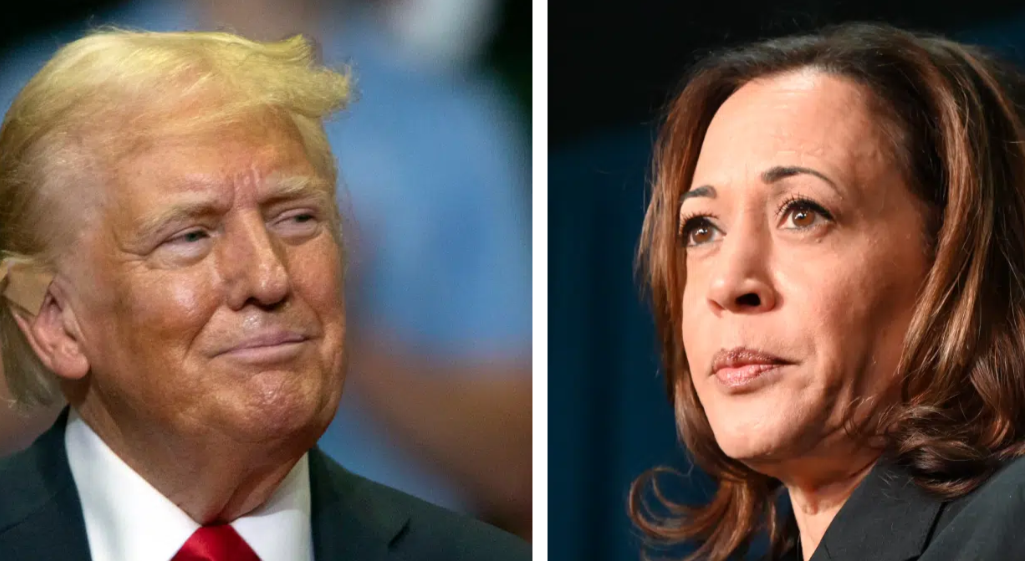Commission on Prez Debates Co-Chair: ABC Moderators ‘Bent Backwards to Help’ Harris, ‘Worst’ I’ve Seen

Frank J. Fahrenkopf Jr., Co-Founder and Co-Chair of the Commission on Presidential Debates and former Chair of the Republican National Committee, sharply criticized the performance of ABC moderators David Muir and Linsey Davis. He referred to their handling of the debate as "the worst performance that I’ve seen."
During an interview on Newsmax TV’s "The Record," Fahrenkopf Jr. expressed his disapproval, stating that the moderators "clearly were oversized" in their treatment of 2024 Republican presidential candidate and former President Donald Trump, while they "bent backwards to help" Vice President Kamala Harris, the 2024 Democratic presidential candidate.
He explained, “One of the things that really shocked me last night was the way the moderators handled it. We always explain to our moderators, and we’ve done 33 of these, starting back in 1988, that their job is to be facilitators." Fahrenkopf emphasized that moderators should not become part of the debate themselves. “A debate is between the candidates, not a debate between the candidate and the moderators,” he added.
Fahrenkopf further commented, "These moderators, as far as I was concerned, it was the worst performance that I’ve seen. And I’ve — as I said, I’ve done 33 of these things over the years." He reiterated his view that the moderators were overly aggressive in their treatment of Trump and overly lenient toward Harris.
While many mainstream media outlets praised Kamala Harris’ performance during the debate, the fight to sway undecided voters continues. Several viewers told Reuters they were still uncertain whether Harris was the right choice.
Reuters gathered feedback from ten undecided voters after the ninety-minute debate. Surprisingly, six of the voters said they would vote for Trump, while three leaned toward Harris, and one remained unsure. This was a significant shift from the expected outcome.
Some viewers expressed concerns that Harris did not adequately address important issues like the rising costs of housing and household goods, with five respondents describing her answers as "vague." Mark Kadish, a 61-year-old entrepreneur from Florida, remarked, “I still don’t know what she is for,” noting a lack of concrete details in her plans. Similarly, Robert Wheeler, a 48-year-old security firm executive from Nevada who had previously leaned toward Harris, felt more inclined to support Trump after the debate. He commented, “I felt like the whole debate was Kamala Harris telling me why not to vote for Donald Trump instead of why she’s the right candidate.”
The focus group, consisting of four women and six men, including eight White and two Black participants, represented diverse segments of undecided voters in key battleground states.
Moreover, after the debate, more undecided voters voiced their lack of enthusiasm for Harris, despite the favorable media coverage she received. Some were disappointed that, aside from a few remarks about tax benefits for small businesses and families, Harris largely avoided providing detailed answers to key questions.
Harris may also face backlash over reports that parts of her campaign's policies were borrowed from President Joe Biden’s website. Her campaign website recently removed some of her earlier positions, including proposals related to funding gender reassignment surgery for inmates and decriminalizing hard drugs.